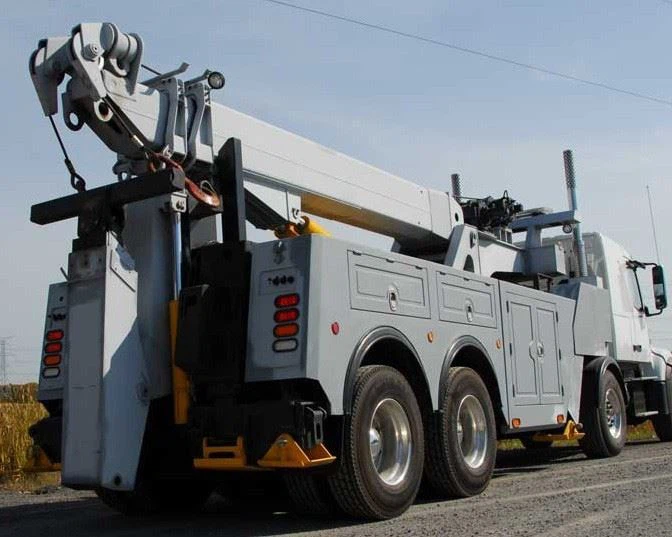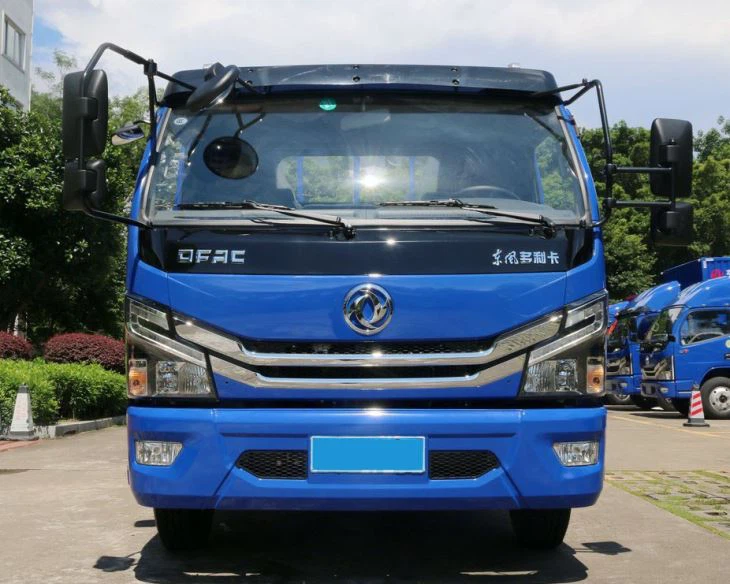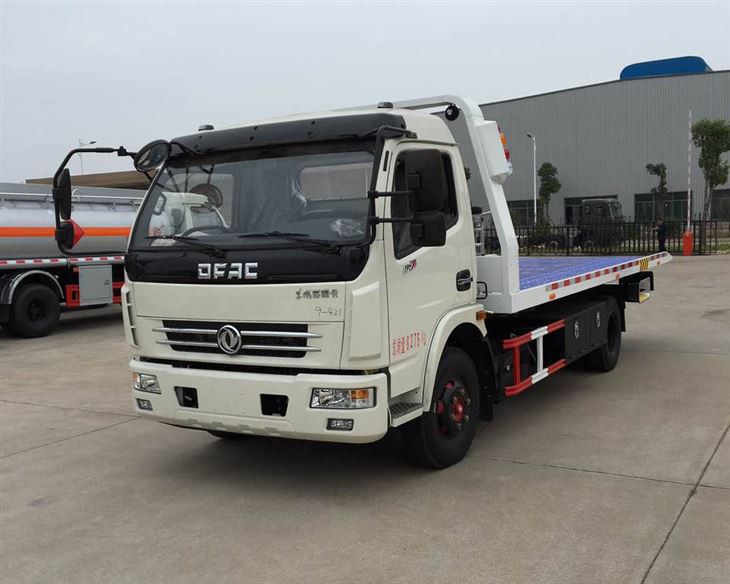Introduction
When it comes to managing waste in urban and rural areas, the importance of reliable and efficient trash trucks cannot be overstated. These vehicles play a vital role in keeping our communities clean and ensuring responsible waste disposal. This article delves into the leading trash truck manufacturers in the USA, exploring their offerings, reputations, and contributions to waste management solutions. Whether you are a municipality looking to purchase new garbage trucks or a contractor seeking to upgrade your fleet, understanding the landscape of trash truck manufacturers is crucial for making informed decisions.
1. Overview of Trash Truck Manufacturing in the USA
The trash truck manufacturing industry in the USA has seen significant growth over the decades, driven by advancements in technology, increasing environmental regulations, and the growing emphasis on sustainability. As municipalities and private companies strive to enhance their waste collection systems, manufacturers are continuously innovating to develop more efficient and eco-friendly solutions.
1.1 Discovering the Types of Trash Trucks
Trash trucks come in various configurations, each designed to meet different waste management needs. Some of the most common types include:
- Front-loaders: Popular for commercial waste collection, particularly in business districts.
- Rear-loaders: Ideal for residential collections, these trucks allow easy access for loaders.
- Semi-automated trucks: Use hydraulic systems to lift and empty bins with minimal manual labor.
- Automated side-loaders: Equipped with robotic arms to collect waste, enhancing efficiency and safety.
1.2 Key Market Trends
Recent trends in the trash truck industry include:
- Increased use of natural gas and electric vehicles to reduce emissions.
- Integration of smart technologies such as GPS and routing software for improved efficiency.
- Growing demand for sustainable manufacturing practices.
- Focus on ergonomics to enhance driver comfort and safety.
2. Leading Trash Truck Manufacturers in the USA
There are several noteworthy manufacturers of trash trucks in the USA. Below, we detail some of the most prominent players in the market.
2.1 Freightliner
Freightliner is a subsidiary of Daimler Trucks North America and is known for producing durable and reliable trucks, including trash collection vehicles. With a focus on innovation and performance, their trucks are designed with fuel efficiency and ease of maintenance in mind.
2.2 Mack Trucks
Mack Trucks is renowned for its heavy-duty vehicles, including waste collection trucks. With a legacy dating back to 1900, Mack emphasizes ruggedness and toughness, making its trucks popular for both municipal and private waste collection.
2.3 Peterbilt
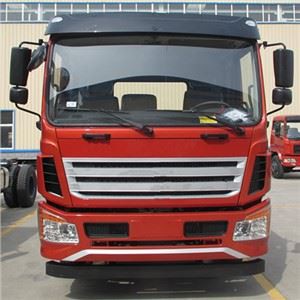
Peterbilt is a leading manufacturer of medium and heavy-duty trucks, boasting strong customizability options for waste management applications. Their trucks are equipped with advanced technology for better operations and driver comfort.
2.4 International Trucks
As part of Navistar, International Trucks offers a wide range of models tailored for waste management. They focus on efficiency and fuel-saving technologies, meeting the demands of modern waste management systems.
2.5 Kenworth
Kenworth, another subsidiary of PACCAR, produces versatile trucks that can be customized for waste collection. They offer a variety of enhancements aimed at improving safety and operational efficiencies.
2.6 CNG & Electric Truck Manufacturers
With a growing emphasis on sustainability, manufacturers like BYD and Proterra focus on producing electric and CNG (Compressed Natural Gas) trash trucks. These options are paving the way for a greener future in waste management.
3. Evaluating Trash Truck Specifications
When selecting a trash truck, it is essential to consider various specifications, including:
- Payload capacity: The maximum weight the truck can safely carry.
- Fuel type: Choices may include diesel, CNG, or electric vehicles.
- Turning radius: Important for maneuverability in urban settings.
- Engine power: Essential for heavy-duty performance.
3.1 Understanding Different Truck Sizes
Trucks come in multiple sizes, ranging from smaller units suited for narrow suburban streets to larger vehicles designed for industrial refuse. Choosing the right size is crucial for operational efficiency and compliance with local regulations.
3.2 Fuel Efficiency Considerations
Fuel efficiency is a vital aspect. Over time, investing in a fuel-efficient model may save significant operational costs, especially given that waste trucks often cover large distances daily.
4. Cost Considerations for Trash Trucks
Investing in trash trucks involves more than just the purchasing price. Below are factors to take into account:
4.1 Initial Purchase Costs
The price of a new trash truck can vary widely based on brand, specifications, and custom features. Typically, a new refuse truck can range from $200,000 to over $300,000.
4.2 Maintenance and Operating Costs
Ongoing maintenance and fuel costs should also be factored in. Regular servicing, tires, and parts replacement can add significantly to the overall expenses.
4.3 Financing Options
Many manufacturers offer financing options, allowing municipalities and contractors to spread the cost over time. Leasing can also be a viable alternative for those looking to manage cash flow more efficiently.
5. Innovations in Trash Truck Technology
The trash truck industry is evolving rapidly with new technologies aimed at improving efficiency and sustainability.
5.1 Smart Routing Systems
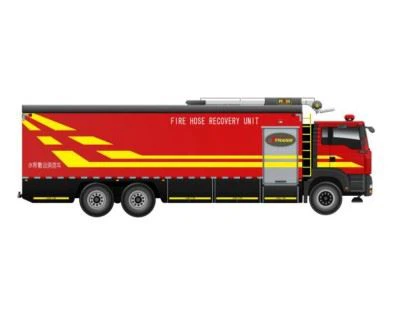
Many modern trucks are equipped with GPS and routing software. This technology helps drivers find the most efficient routes, thereby saving time and fuel costs while reducing emissions.
5.2 Automated Loading Systems
Automated side-loaders and semi-automated systems minimize the need for manual labor while improving safety and speed during collection.
5.3 Electrification of Fleets
As electric vehicle technology continues advancing, more manufacturers are introducing electric models designed to reduce carbon footprints and operational costs.
6. Buying Tips for Trash Trucks
Purchasing a trash truck involves a detailed evaluation process. Here are some practical tips:
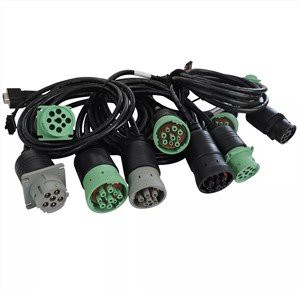
6.1 Define Your Needs
Understand the specific requirements based on the volume and type of waste, the areas you will service, and your budget.
6.2 Research Manufacturers
Investigate different manufacturers, paying attention to customer reviews, warranties, and after-sales support. Establishing a relationship with a reliable manufacturer can lead to better service down the line.
6.3 Test Drive the Options
Whenever possible, conduct a test drive to evaluate driver comfort, handling, and performance. This firsthand experience is invaluable in making your decision.
7. Case Studies of Successful Implementations
Municipalities across the USA have successfully implemented new trash truck fleets with significant benefits.
7.1 City of San Francisco
San Francisco has revamped its waste collection by investing in CNG trucks, resulting in substantial reductions in emissions and operational costs.
7.2 Houston’s Automated Collection
Houston adopted automated side-loaders, which have not only increased efficiency but also improved workplace safety for waste collection workers.
8. Sustainability in Trash Truck Production
As the world shifts towards greater sustainability, manufacturers are adopting eco-friendly practices in truck production.
8.1 Use of Recycled Materials
Some manufacturers now incorporate recycled materials into the construction of refuse trucks, reducing waste and environmental impact.
8.2 Energy Efficiency Standards
Adhering to stringent energy efficiency standards helps manufacturers produce trucks that consume less fuel and emit fewer pollutants.
9. Frequently Asked Questions (FAQs)
9.1 What types of trash trucks are available in the USA?
There are several types of trash trucks available, including front-loaders, rear-loaders, automated side-loaders, and semi-automated trucks, each designed for specific waste collection needs.
9.2 How much does a new trash truck typically cost?
The price for a new trash truck can range from $200,000 to $300,000, depending on the type and specifications.
9.3 Are there eco-friendly options available in trash trucks?
Yes, many manufacturers offer electric and CNG trash trucks, which are designed to produce fewer emissions and contribute to sustainability efforts.
9.4 How do I choose the right trash truck for my needs?
Identify your specific waste management needs, evaluate different models and their capabilities, and consider factors such as fuel efficiency, size, and cost.
9.5 What are some popular brands for trash trucks in the USA?
Popular brands for trash trucks include Freightliner, Mack, Peterbilt, International Trucks, and Kenworth.
9.6 What financing options are available for purchasing trash trucks?
Many manufacturers offer financing plans, and leasing options are also available to help organizations manage cash flow while acquiring necessary vehicles.
